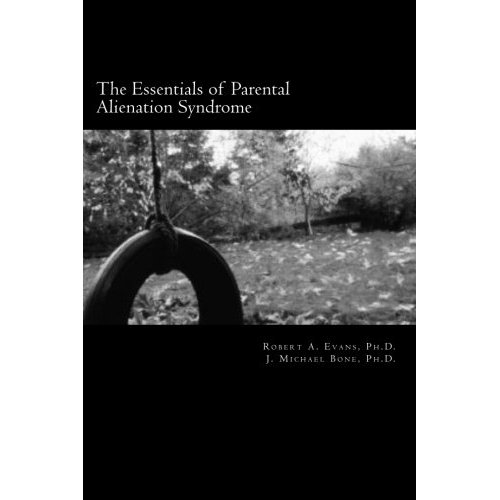Does Parental Alienation Lack a Scientific Foundation to be Considered a Syndrome?
An old argument that continues to come up is that Parental Alienation (PA) lacks a scientific foundation to be considered a syndrome. Even after proponents of Parental Alienation Syndrome have, albeit reluctantly, given up on insisting it’s a syndrome, non-supporters of PA bring this argument into the discussion.
It is far too common to hear mental health and legal professionals routinely dismiss PA as a syndrome. Their argument goes well if it’s not a syndrome then it doesn’t exist at all. A syndrome is a grouping of signs and symptoms based on their frequent co-occurrence that suggests a common underlying cause. PA, as many others discuss it, can clearly meet this definition. The nice thing about using the Syndrome is that when that is present, then there is a predominant cause, usually a parent, caregiver, etc. When a child is alienated from a parent, i.e. PA, there could be a number of causes behind the alienation. In fact, when the alienation is caused by the rejected parent, as in poor parenting skills, abuse, etc., then the rejection is referred to as estrangement.
As Dr. Warshak has pointed out some have argued that PA does not qualify as a syndrome because not every child who is exposed to an alienating parent develops the same disorder. In medicine, including psychiatry, the same pathological agent can produce different outcomes in different individuals. This generally does not invalidate the disorder or the disease. For example, victims of rape do not always develop a post-traumatic stress disorder (PTSD), which by the way was originally termed a syndrome and as well was not immediately accepted into the medical/psychological community. The fact that some victims experience traumas without developing PTSD does not negate or disqualify PTSD as a diagnosis. We will revisit the analogy of PTSD later when we talk about the DSM-5. There are other examples of diagnoses that do not manifest themselves identically in every person who is exposed to the preconditions of the disorder. So to argue this point in this manner is of little value.
The designation “syndrome” conveys legitimacy that some may believe requires more rigorous empirical research. Opponents of PA believe that using the term “syndrome” in court may strengthen judicial confidence in the concept and thereby enhance its testimonial value and reliability.
A presumptive concern about the use of syndrome evidence is that expert witnesses may offer a collection of symptoms as proof that there is one cause, even in the absence of verification of the proposed cause. In PA cases this would mean after determining a child has the symptoms of an alienated child, the expert would presume the existence of an alienating parent as causing the alienating child’s behavior. This is clearly a misuse of PA. The manipulations of the alienating parent must be clearly identified in order to diagnose PA.
PA testimony should not be used as a test of whether the aligned parent was instrumental in the child’s alienation. But expert testimony can provide a court with a variety of explanations for a child’s rejecting or fearful behavior. PA testimony can assist a court in assessing children’s social, psychological and memory functions. If PA is misdiagnosed, as with children who have not been alienated, or there is justification for rejecting a parent based on the rejected parent’s behavior, expert testimony on PA may help a court in sorting these particulars out.
As Dr. Warshak stated in his 2001 paper:
“Testimony by an expert knowledgeable about the strategies that parents use to promulgate and support alienation, the extent to which children can be manipulated to reject and denigrate a parent, the extent to which children are suggestible, the mechanics of stereotype induction, and the psychological damage associated with involving children in parental hostilities, may assist the court in determining the proper amount of weight to give a child’s explicitly stated preferences and statements regarding each parent. The expert can demonstrate that a child’s statement of preference, even when executed in an affidavit, does not necessarily reflect the history of that child’s relationship with the non-preferred parent, particularly when the child totally rejects the non-preferred parent.”
To deny a court such a benefit because of the fear of the terminology “syndrome” is to literally deny justice in a family law case. It simply makes no sense.
After having said all this, experts could be very helpful to attorneys and courts if we focused on descriptions of behavior, including the child’s, the favored parent and the rejected parent’s rather than jargon or psychobabble.
More importantly, courts need to know the significance of PA and the short-term and long-term effects on the child as well as how to intervene in such cases.


